Interview
German Catholics will convene in Münster next May 9-13 for their 101st great annual gathering. The theme of the meeting is: “Seeking peace.” The Secretary General of the Zentralkomitee der deutschen Katholiken illustrated to SIR the main topics addressed during over 1000 events, with more than 45 thousand registered participants. Remembering Cardinal Lehmann, feelings of gratitude to Card. Marx

The Katholikentag, the great meeting of German Catholics, which enters its 101st year, will take place in Münster, May 9 to 13. The theme of this year’s event is “Seeking peace.” The impressive organization for the five-day meeting is in full gear, with over one thousand planned events and 45 registered participants. “Over 100 Katholikentag took place so far, and the story continues. We are a lay Catholic movement, proud of the fact that every two years we succeed in bringing together associations, institutions, diocesan networks and lay organizations”, Stefan Vesper, Secretary General of the Central Committee of German Catholics, ZDK (Zentralkomitee der deutschen Katholiken) told SIR. ZDK is the promoter of the event: “It’s important for us to show that Catholics are co-responsible for social life in Germany, and that as active citizens they have their say on specific issues and on societal developments they hope for.” Their partners in the dialogue panels include 10 of the 16 ministers that compose the Federal government, notably, Angela Merkel, who will deliver a panel debate with Cardinal Peter Turkson on the theme of conflict management and repressive regimes. Federal President Frank-Walter Steinmeier will be present during the first two days of the Katholikentag
What is new in this year’s gathering?
This year it will be held in a city with a strong Catholic connotation. The specific trait is the focus on the theme of peace, in a particular year for Germany and Europe, marking one hundred years since the end of the First World War, 400 years since the beginning of the Thirty Years’ War and 50 years since the student revolution of 1968. We will resume our reflections on the meaning of these events. In addition to the political aspects of this theme, that has major great topical relevance,
we intend to focus on social peace, on peace between the rich and the poor, intergenerational peace, peace with ourselves, with our life, with our fears, reaching out to the spiritual dimension. For faith bestows peace.
The invitation to a representative of the populist party AfD as panel speaker was met with strong criticism …
Up until now Germany had been spared by populist parties that have been actively present in other countries for years. Now we have to deal with the fact that there is a party that acts openly in a populist way and also sits at the Bundestag. We have organized a debate involving the leaders of religion-State relations representing the different factions: we will talk about religious freedom in a State like ours that is neutral on the religious level. However, these relations involve open questions, as emerged in the debate on the unfortunate announcement of the Bavarian government, ahead of elections in Bavaria, ordering that crosses be hung in all public buildings. We want a dialogue with all political parties, and this includes AfD. We consider it fair to do so, although we strongly condemn all forms of racism and xenophobia, which AfD supports, thus we have no sympathy for this Party.
with the fact that there is a party that acts openly in a populist way and also sits at the Bundestag. We have organized a debate involving the leaders of religion-State relations representing the different factions: we will talk about religious freedom in a State like ours that is neutral on the religious level. However, these relations involve open questions, as emerged in the debate on the unfortunate announcement of the Bavarian government, ahead of elections in Bavaria, ordering that crosses be hung in all public buildings. We want a dialogue with all political parties, and this includes AfD. We consider it fair to do so, although we strongly condemn all forms of racism and xenophobia, which AfD supports, thus we have no sympathy for this Party.
In Münster do you plan to discuss the issue of allowing holy communion to varied-confession marriages – a theme at the centre of a heated debate inside the German Church in the past few weeks – ? Ecumenism will be at the centre of an overarching debate. In Germany there are equal numbers of Catholics and Evangelical Christians and we cooperate fruitfully, in a Country where a third of the population are non-believers. Yet, with regard to ecumenism, there is still a lot to be done. It’s a topical theme, although it has been on our agenda for years. We are pleased that a large majority of bishops has proposed that Evangelical spouses married to Catholics, after adequate verification, case by case, when there is a deep pastoral need, participate in the Holy Eucharist. We consider it a fair decision, and we will say so in Münster.
The universal Church is focusing her attention on the upcoming Synod on young people in October. So are you?
Young people are a consistent, varied and active part of our Church. At the Katholikentag they occupy a central place, both with a large “youth centre”, and with their participation in the debates.
For us it’s clear that society is ageing; thus the young generations must be given the possibility – inside the Church and in society – of expressing their vision of the future.
Societal decisions taken by older generations are bound to influence the life of the young. One such example is Brexit, which was determining for senior citizens, because young people chose not to vote. Our youths inside the Church are important drivers to ensure a thriving faith. Moreover, the youths who attended the pre-Synod will share their experience at the Katholikentag.
A dramatic incident took place in Münster past April 7: a van ploughed into a crowd leaving 3 dead and numerous injured. How will it influence the Days?
We will retrace the incident, remembering the dead and the injured in the celebrations. In terms of security all safety measures have already been taken on the basis of a very rigid and well-defined protocol, there will only be some minor adjustments. Moreover, it is necessary to open a debate on the underlying issue, namely, whether we live in a safe environment: can we live without being exposed to danger? During a meeting with people working in emergency situations (ranging from rescue-teams to psychological counselling) we will discuss ways of living in a society where danger has become the norm. It will also be the theme of a spiritual gathering, for fundamental questions on life tend to re-emerge in situations of danger. Living is ultimately a question of having faith in whoever crosses our path, and of hope. The Church has a major role, as shown on the aftermath of April 7, when two thousand people gathered in prayer in Münster ‘s cathedral. Churches are places where people come together to give each other courage and find hope. But then it’s important to return to normal life.
Is Europe an item on the agenda of the Katholikentag?
The program envisages 65 events centered on Europe, while on Saturday May 12 we will celebrate the “day of Europe.”
We believe that whoever seeks peace, finds Europe. The single countries can’t find the solutions to all major concerns on their own.
In fact we plan to discuss various issues (migration, climate, the welfare state, peace, democracy, Syria, right-wing populism, Africa) from a European perspective. The general atmosphere will be characterised by a European trait owing to the presence of over 1000 Catholics from countries across Europe.
With the death of Cardinal Karl Lehmann the German Church has recently lost a defining figure…
Cardinal Lehmann has always been like a father to us. He attended all the Katholikentag events since he was a student, and he continued when he became professor, priest, bishop, and attended more frequently since his election as president of the Bishops’ Conference. For 20 years he chaired the closing ceremony of the Katholikentag but he was always present from beginning to end, addressing participants in 10 to 15 events. We miss him dearly. A novelty in this year’s programme is the “Narrating Church” initiative where people will share experiences of peace. One of these moments will be dedicated to Cardinal Lehmann, people close to him will share personal accounts and anecdotes, so that even the Katholikentag may honour his memory with gratitude. I wish to add that today we are very grateful to Cardinal Reinhard Marx for his generous commitment , who supports us and is present in the same way, as many are the bishops who attend the Katholikentag and actively participate.